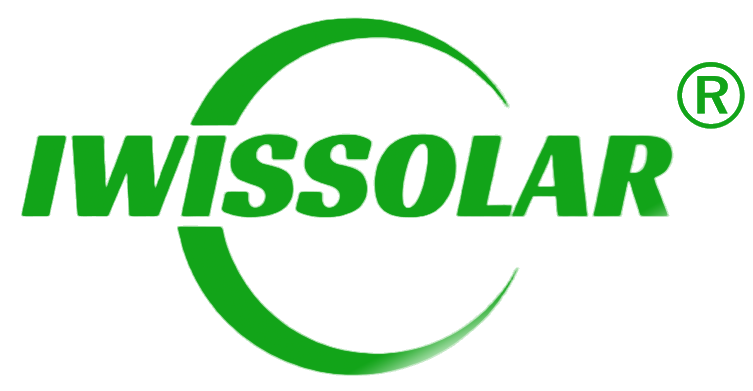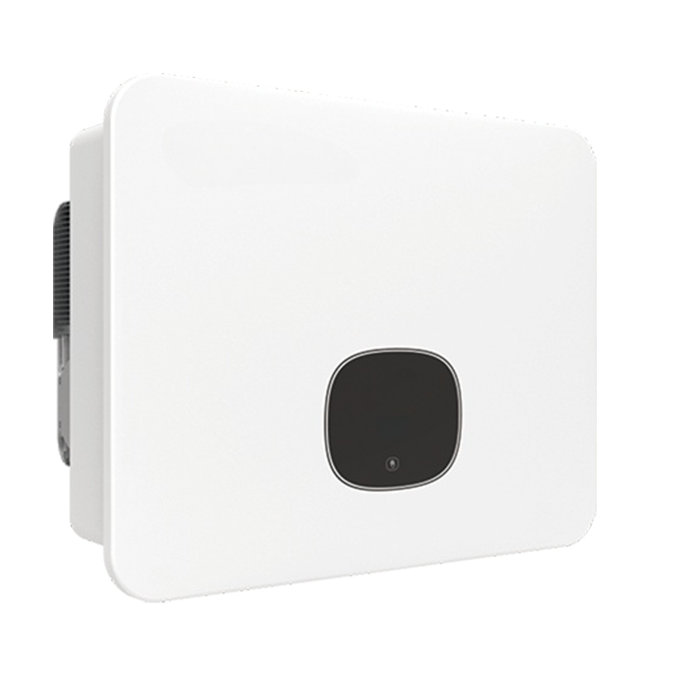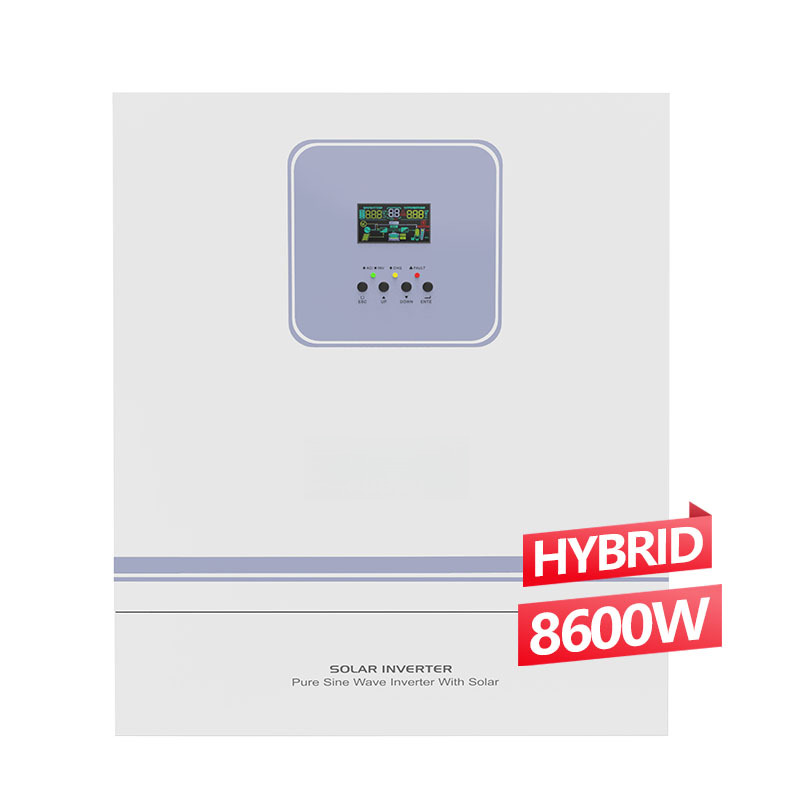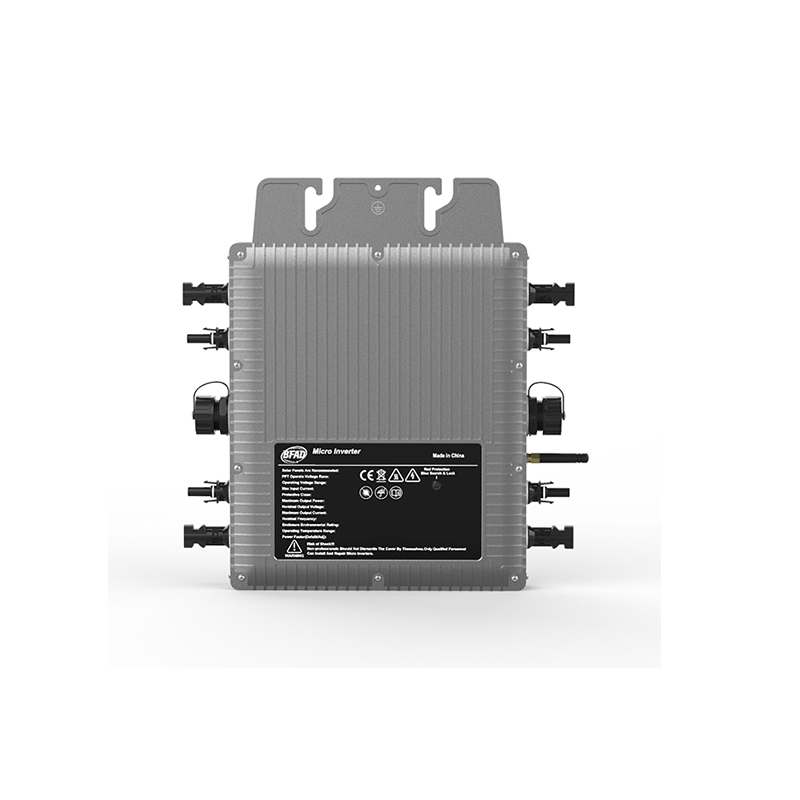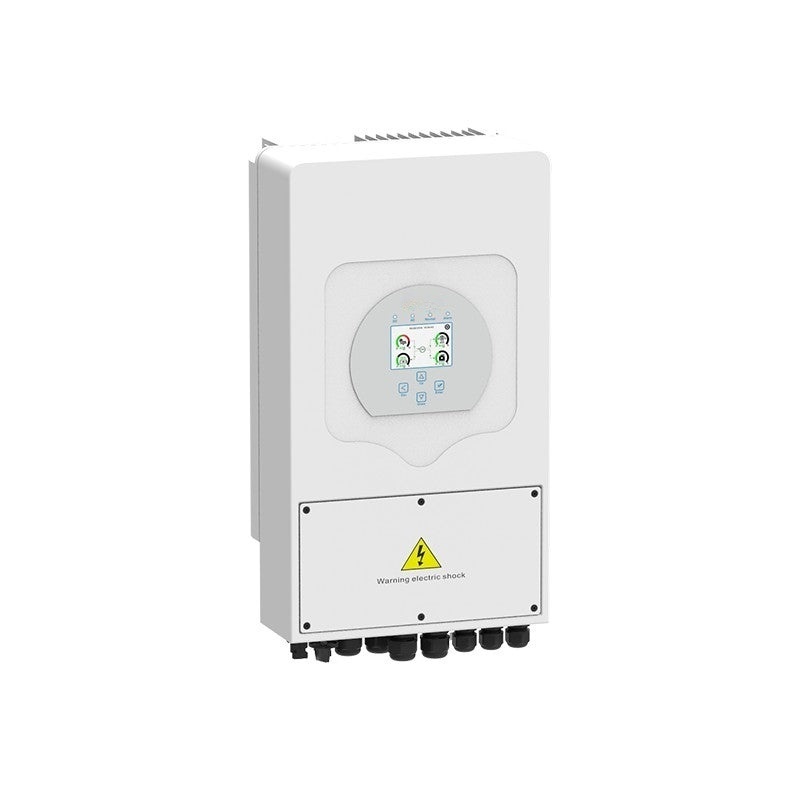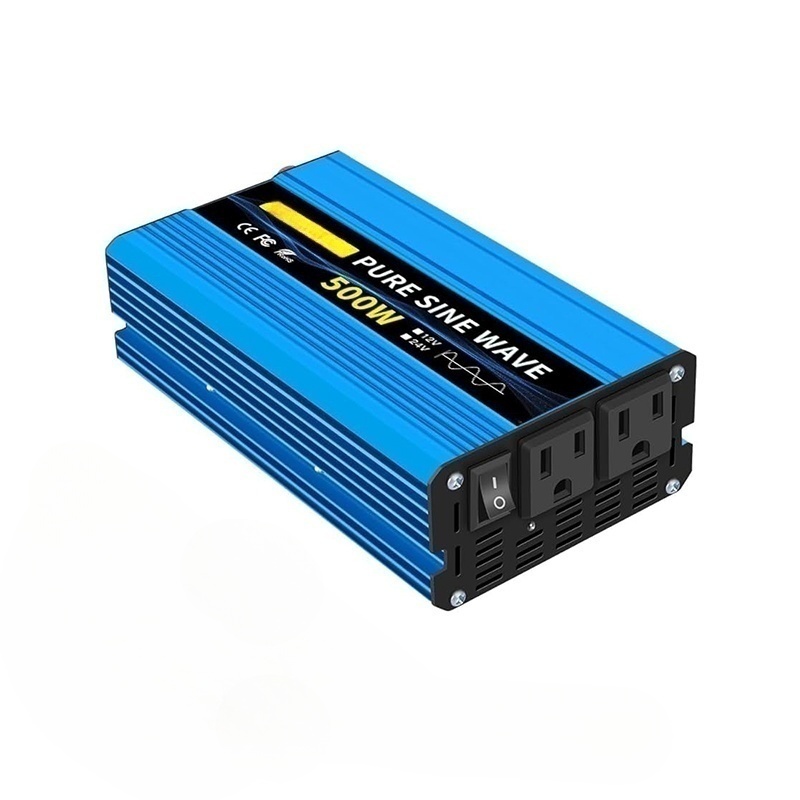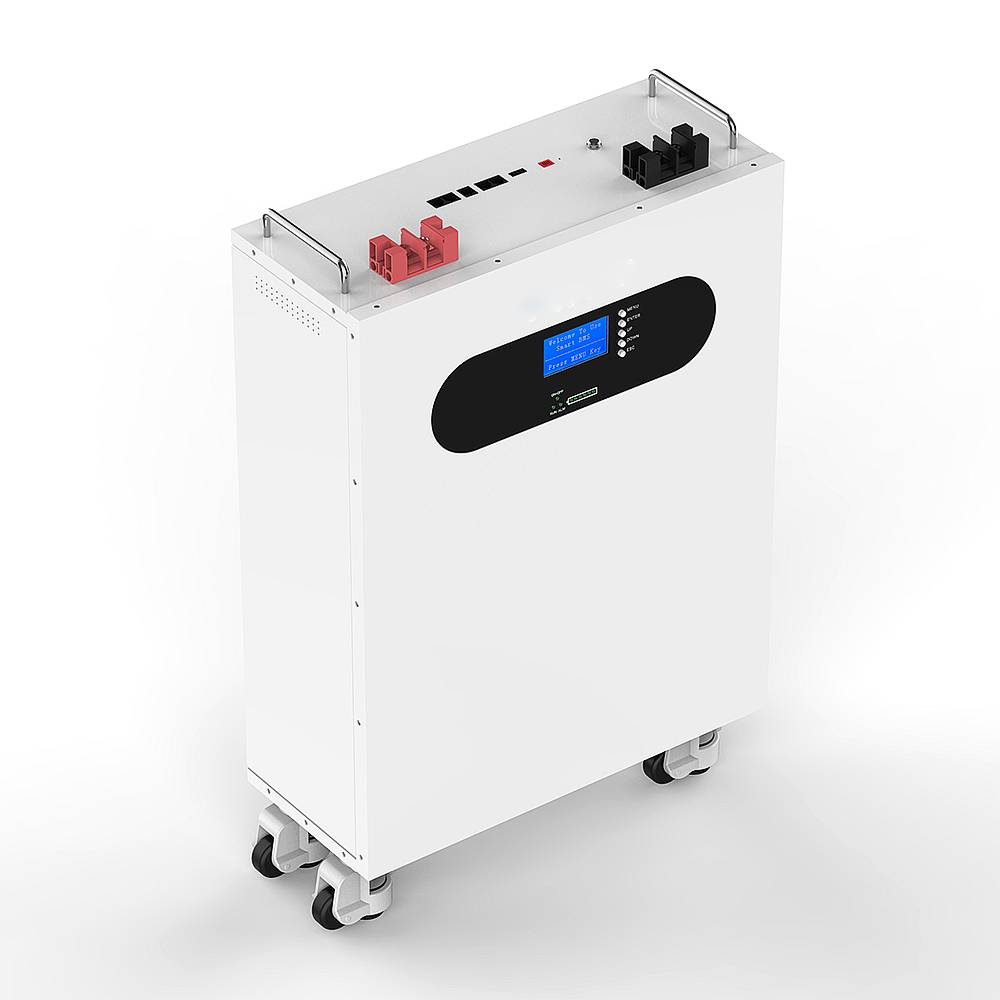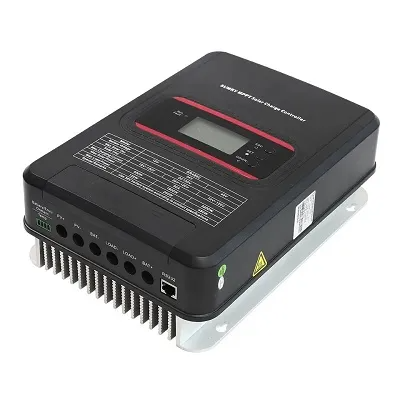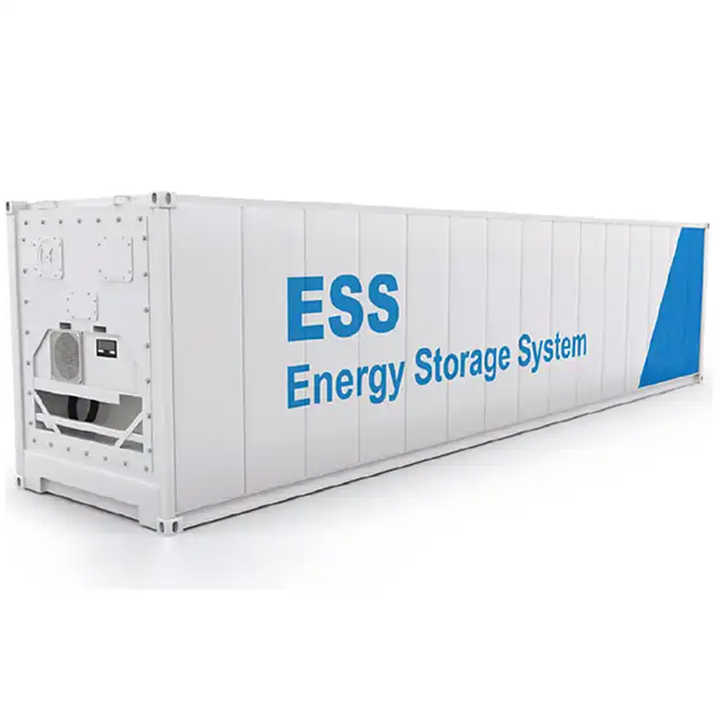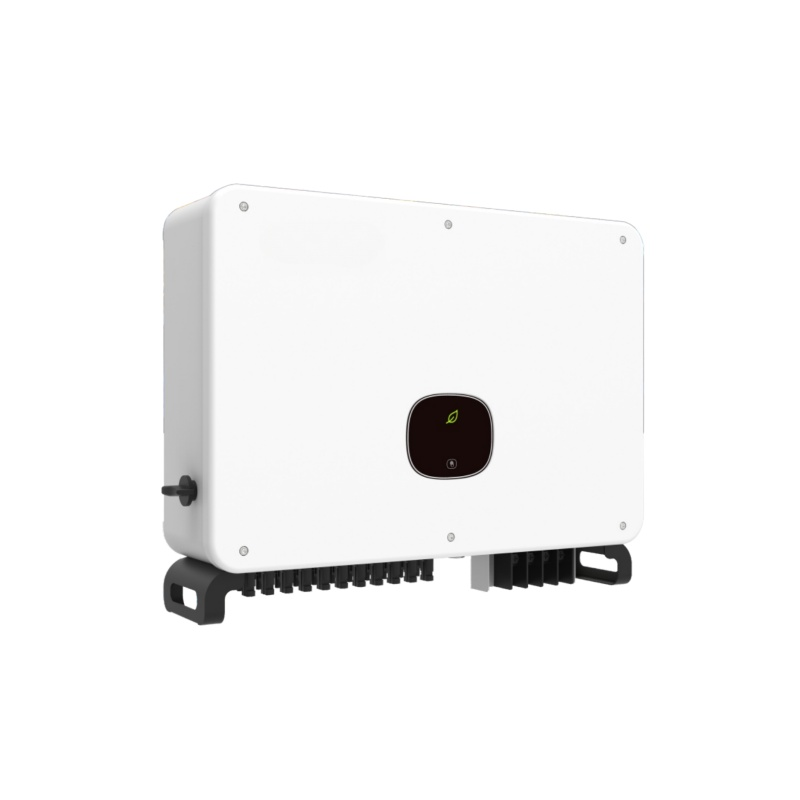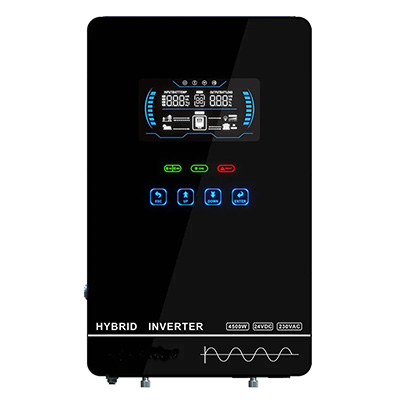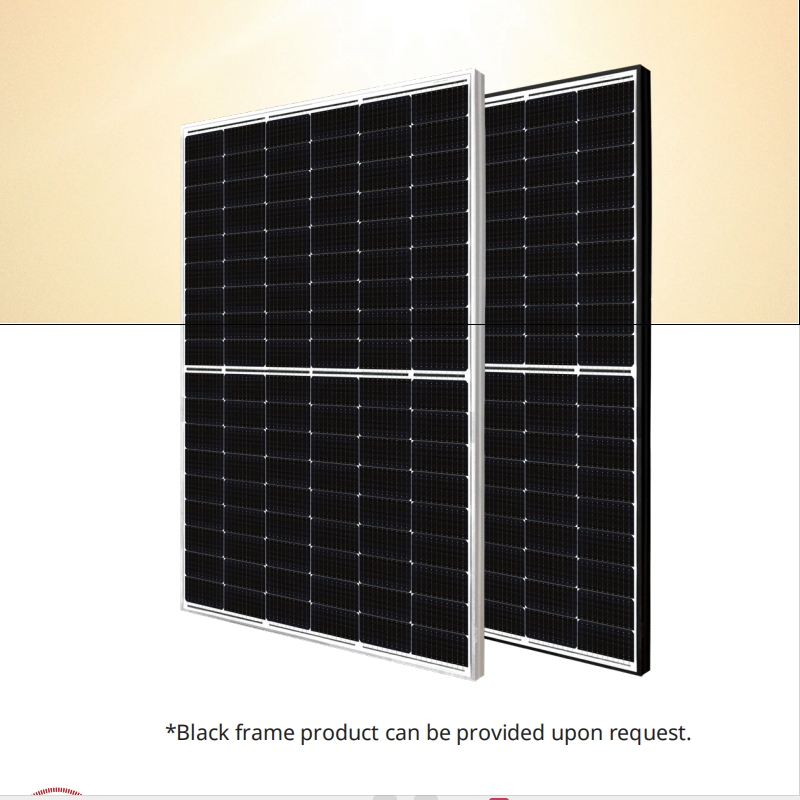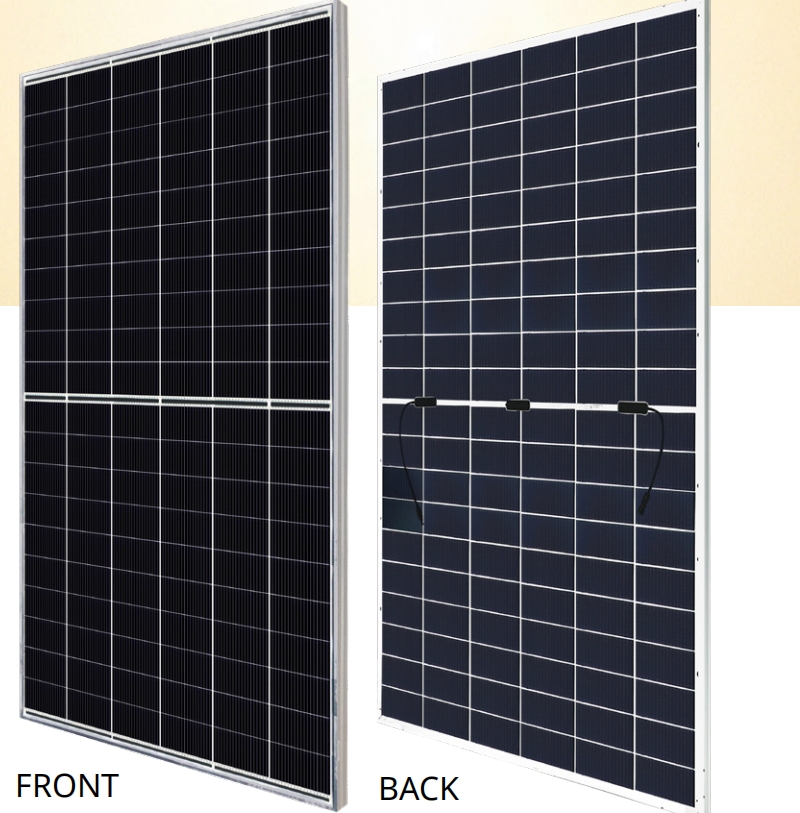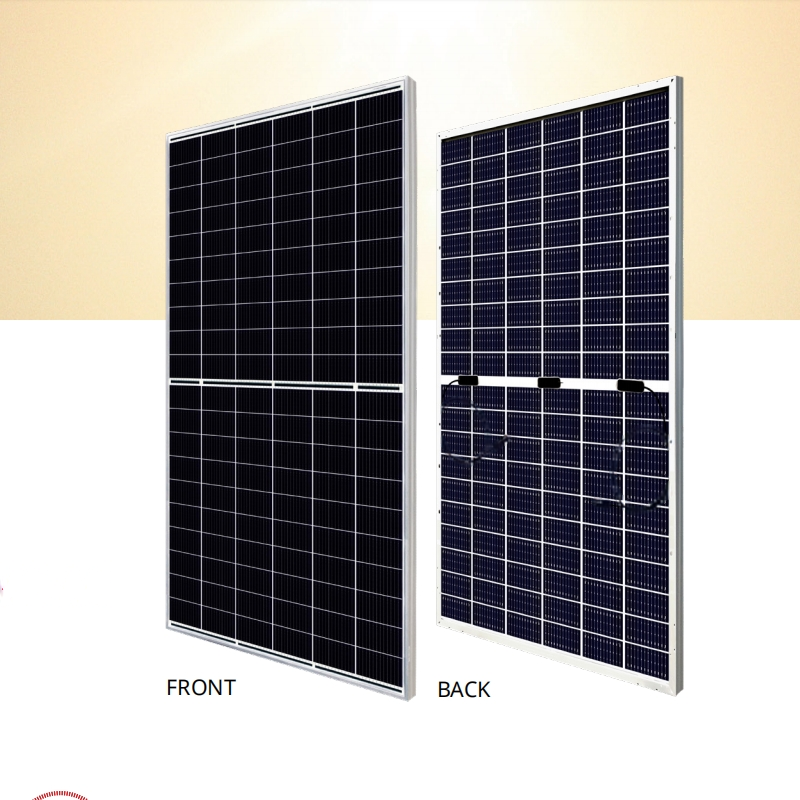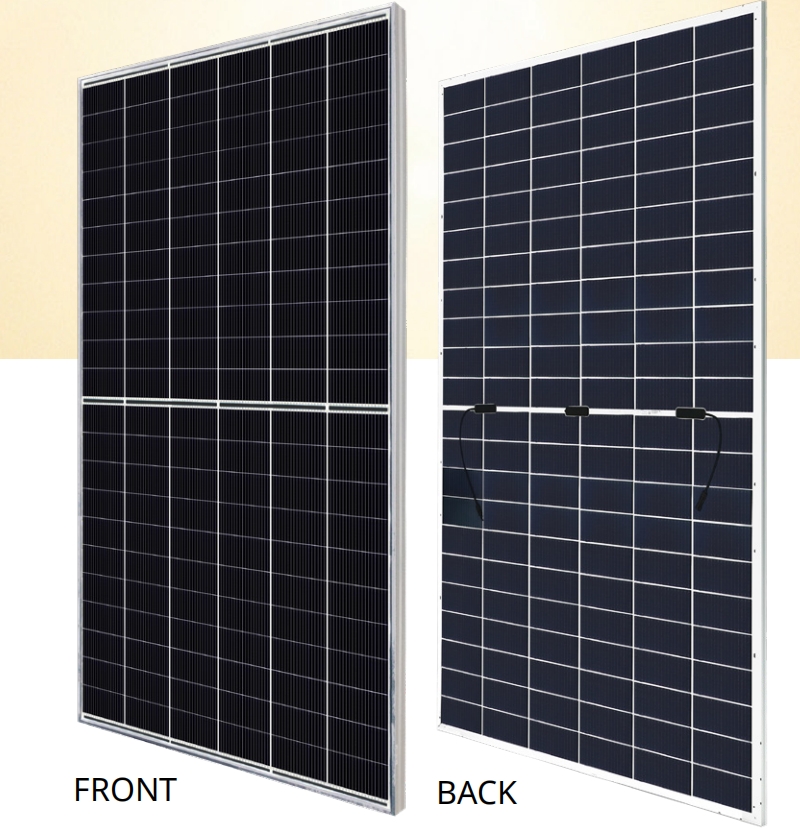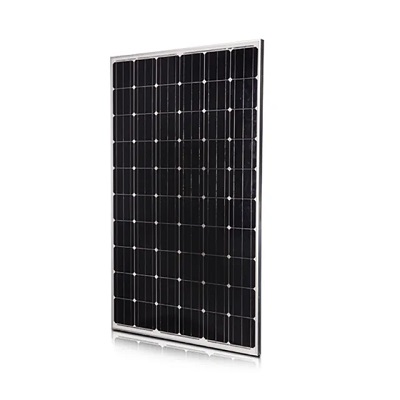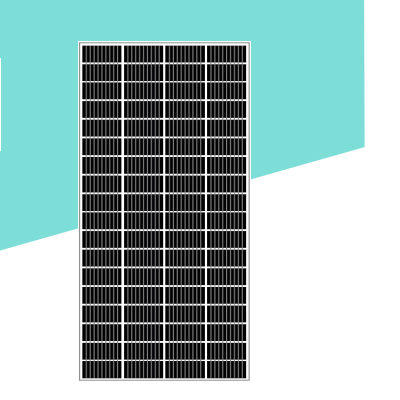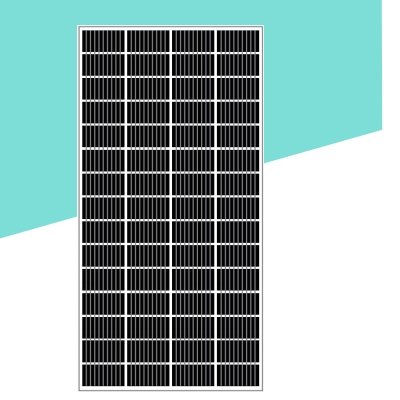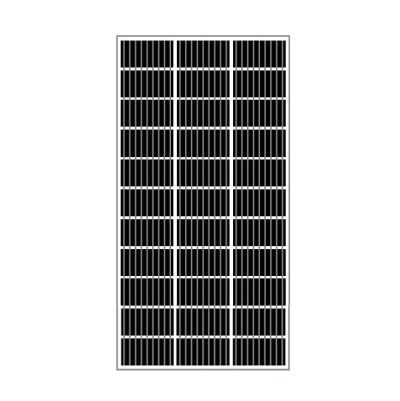Buyer’s Guide to Solar Inverter Manufacturers
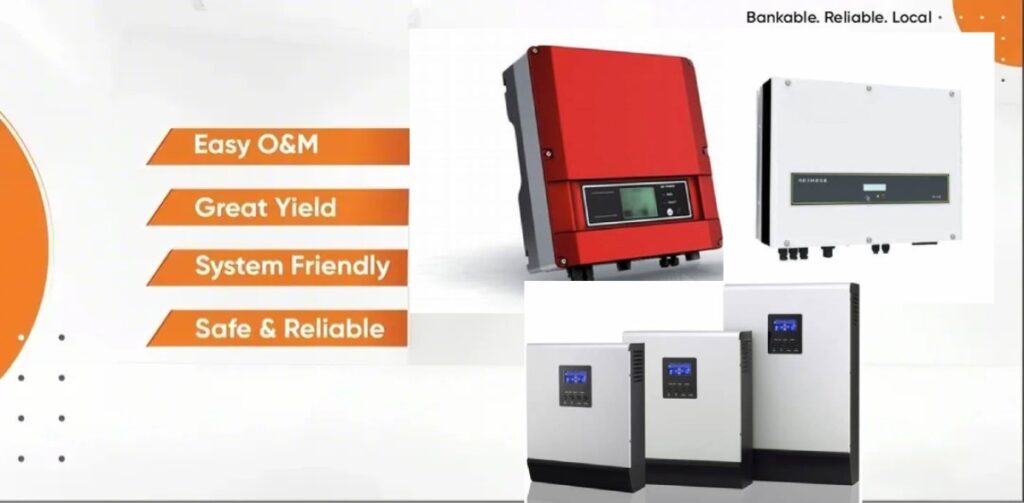
Welcome to your ultimate buyer’s guide to solar inverter manufacturers! If you’re reading this, you’re probably thinking about investing in a solar power system, and you want to make sure every component you choose is top-notch. One of the most critical pieces of the puzzle is the solar inverter—it’s the heart of your system, converting the electricity your solar panels generate into something you can actually use in your home or business. Picking the right manufacturer isn’t just a small detail; it can determine whether your solar setup runs smoothly for decades or leaves you dealing with unexpected hassles and costs.
In this guide, we’ll walk you through everything you need to know to choose the perfect solar inverter manufacturer for your needs. You’ll learn about what solar inverters do, why they matter, and the key factors you should consider when evaluating manufacturers—like reputation, product quality, warranty, efficiency, compatibility, price, and innovation. We’ll also share practical tips on how to research your options and avoid common pitfalls. By the time you’re done, you’ll feel confident and ready to make a smart, informed decision. So, let’s dive in and get started on your journey to finding the ideal solar inverter manufacturer!
Part 1. Iwis Solar Manufacturers in China
Custom Solar Products For Your Industries
Part 2.Understanding Solar Inverters: The Basics You Need to Know
Before you start comparing manufacturers, it’s worth taking a moment to understand what a solar inverter is and why it’s so important. Simply put, a solar inverter takes the direct current (DC) electricity produced by your solar panels and converts it into alternating current (AC) electricity—the kind that powers your lights, appliances, and everything else in your home or office. Without an inverter, all that solar energy you’re capturing would be useless for most practical purposes.
But not all inverters are the same. There are a few different types you’ll come across, and knowing the basics can help you figure out what you need:
- String Inverters: These are the most common for residential and small commercial systems. Your solar panels are connected in a “string,” and the inverter handles the combined output. They’re cost-effective and reliable, but if one panel’s performance drops (say, because of shade), it can affect the whole string.
- Microinverters: These are installed on each individual solar panel. They’re great for maximizing energy output, especially if your roof has shading issues or panels facing different directions. They’re pricier, though, and involve more components that could need maintenance.
- Hybrid Inverters: These are designed to work with both solar panels and battery storage systems. If you’re thinking about adding batteries for energy independence or backup power, a hybrid inverter could be the way to go.
Why does the inverter matter so much? It’s not just about conversion—it’s about efficiency, reliability, and making sure your system delivers the energy you expect. A poorly made inverter can bottleneck your setup, wasting energy or failing when you need it most. That’s why choosing a manufacturer you can trust is a big deal. Let’s explore what you should look for.
Part 3. Key Factors to Consider When Choosing a Solar Inverter Manufacturer
As a buyer, you’ve got a lot riding on this decision, so you’ll want to evaluate manufacturers carefully. Here are the most important factors to keep in mind, broken down so you can see exactly what to focus on.
Reputation and Reliability
When you’re sinking money into a solar power system, you want components that’ll last. That’s why the reputation and reliability of the manufacturer should be at the top of your list. A company that’s been around for a decade or more has likely weathered the ups and downs of the industry and knows how to build inverters that stand the test of time. Look for manufacturers with a solid track record—ones that haven’t been plagued by recalls or widespread complaints.
How do you check this? Dig into online reviews, browse solar forums, and see what other buyers and industry pros are saying. If a manufacturer’s name keeps popping up in a positive light, that’s a good sign. On the flip side, if you hear horror stories about inverters failing after a year or two, steer clear. You’re not just buying a product—you’re investing in peace of mind.
Product Quality
The quality of the inverter directly affects how well your solar system performs. A top-notch inverter ensures you’re getting the most out of your panels, while a shoddy one could leave you losing energy and money. So, how do you spot a high-quality product? Look for manufacturers that follow strict quality control processes and have their inverters certified by recognized organizations like Underwriters Laboratories (UL) or the International Electrotechnical Commission (IEC). These certifications mean the inverter has been tested for safety and performance, so you’re not gambling with an unproven product.
Some manufacturers go the extra mile with in-house testing—think extreme temperature trials or long-term durability checks. That kind of commitment can give you confidence that your inverter won’t buckle under pressure, whether it’s scorching summers or freezing winters.
Warranty and Support
Imagine this: your solar system’s up and running, and then—bam—the inverter stops working. If you’ve chosen a manufacturer with a solid warranty and great support, it’s a minor hiccup. If not, you could be stuck with a costly repair or replacement. Most reputable manufacturers offer warranties between 5 and 10 years, and some even let you extend that for a fee. Check the fine print—does it cover parts and labor? What about shipping costs if it needs to be sent back?
Beyond the warranty, customer support is just as crucial. You’ll want a manufacturer that’s easy to reach and quick to help. Are there service centers near you? Do they have a reputation for being responsive, or do buyers complain about being left in the lurch? A good warranty paired with reliable support can save you a lot of stress down the road.
Efficiency and Performance
The whole point of going solar is to harness as much energy as possible, right? That’s where efficiency comes in. An inverter’s efficiency rating tells you how much of the DC electricity from your panels gets turned into usable AC power. Look for inverters with ratings above 95%—the higher, the better. Even a small boost in efficiency can add up over the years, especially if you’re powering a big home or business.
Performance isn’t just about efficiency, though. Features like maximum power point tracking (MPPT) can make a huge difference. MPPT helps your inverter adjust to changing conditions—like cloudy days or partial shade—to squeeze every last drop of energy from your panels. If you live somewhere with unpredictable weather, this could be a game-changer.
Compatibility
Your solar system is like a puzzle, and the inverter needs to fit perfectly with the other pieces. Not every inverter plays nice with every type of solar panel or battery setup, so compatibility is key. Before you commit to a manufacturer, double-check that their inverters work with the panels you’ve got or plan to buy. If you’re adding batteries now or later, make sure the inverter can handle that too.
Some manufacturers offer integrated systems where the inverter, panels, and batteries are designed to work together seamlessly. That can simplify things and boost performance, but it might lock you into their ecosystem. Decide what’s more important to you—flexibility or a plug-and-play solution—and choose accordingly.
Price
Let’s be real: price is always a factor. You don’t want to overspend, but going too cheap can backfire if you end up with a low-quality inverter that dies early or drags down your system’s efficiency. Compare prices across manufacturers, but don’t just look at the sticker—think about the overall value. A slightly pricier inverter with a longer warranty, higher efficiency, and better support might save you money in the long run.
When you’re shopping around, make sure you’re comparing similar products. A bare-bones string inverter shouldn’t stack up against a feature-packed hybrid model. Look at the specs, weigh the benefits, and find the sweet spot between cost and quality.
Innovation
Solar tech is moving fast, and you don’t want to be stuck with yesterday’s gear. Manufacturers that invest in research and development often bring cutting-edge features to the table—think smart grid integration, remote monitoring through an app, or even compatibility with home automation systems. These perks can make your system more efficient, easier to manage, and ready for whatever the future throws at it.
If you’re someone who loves staying ahead of the curve—or if you just want a system that’ll adapt as your needs grow—look for a manufacturer that’s pushing the envelope. It’s not just about bells and whistles; it’s about future-proofing your investment.
What Other Solar or Power Products You Want
Custom Solar Products For Your Industries
We provide custom solutions to all our customers and offer free consulting or samples that you can take advantage of.
Part 4. How to Research and Compare Manufacturers
Now that you know what to look for, it’s time to roll up your sleeves and do some homework. Here’s how to dig into your options and find the manufacturer that’s right for you:
- Start with Their Websites: Head to the manufacturers’ sites to get a feel for their history, product lineup, and values. Look for details on testing, certifications, and warranties—it’s a goldmine of info.
- Read Reviews: Check out what other buyers are saying online. Solar forums, review sites, and even social media can give you unfiltered insights into real-world experiences.
- Look for Recognition: Has the manufacturer won any industry awards? Are they praised by experts? That’s a sign they’re doing something right.
- Study Specifications: Grab the spec sheets for the inverters you’re eyeing. Compare efficiency ratings, features, and compatibility to see how they stack up.
- Ask Questions: Don’t be shy—reach out to manufacturers directly. How they respond (or don’t) can tell you a lot about their customer service.
- Talk to Installers: If you’re working with a solar installer, ask for their input. They’ve got hands-on experience with different brands and can steer you toward reliable options.
Take your time with this step. Jot down notes, make a pros-and-cons list, whatever works for you—just don’t rush it. The more you know, the better your choice will be.
Part 5.Common Mistakes to Avoid
Even with all this info, it’s easy to trip up if you’re not careful. Here are some pitfalls to watch out for:
- Focusing Only on Price: Sure, a bargain sounds great, but a cheap inverter that fails early or wastes energy isn’t worth it. Look at the big picture.
- Ignoring Compatibility: If your inverter doesn’t match your panels or batteries, you’re in for a headache. Double-check before you buy.
- Skipping the Warranty Details: A 10-year warranty sounds awesome—until you realize it doesn’t cover what you need. Read the terms.
- Overlooking Support: A manufacturer might make killer inverters, but if their customer service is nonexistent, you’re on your own when things go wrong.
- Not Thinking Long-Term: Your energy needs might grow. Picking a manufacturer with scalable or upgradeable options can save you hassle later.
Avoid these missteps, and you’ll be in much better shape.
Part 6.Extra Considerations for Your Solar Journey
Depending on your situation, a few other things might influence your choice:
- Your Application: Are you powering a home, a business, or something bigger? Residential setups might prioritize quiet operation and looks, while commercial systems might need scalability and monitoring. Pick a manufacturer that shines in your niche.
- Sustainability: If going green is a big motivator for you, look for manufacturers that walk the talk—think eco-friendly materials or energy-efficient production.
- Future-Proofing: Want to add more panels or batteries later? A manufacturer with modular designs or easy upgrades can make that a breeze.
These extras might not apply to everyone, but they’re worth thinking about as you narrow down your options.
Part 7.Conclusion
Choosing the right solar inverter manufacturer isn’t a decision to take lightly—it’s a key step in building a solar power system that’s reliable, efficient, and tailored to your needs. By weighing factors like reputation, product quality, warranty, efficiency, compatibility, price, and innovation, you’re setting yourself up for success. Take your time to research, compare your options, and ask the right questions. It might feel like a lot of work now, but it’ll pay off when your system’s humming along, powering your life with clean energy for years to come.
You’ve got this. With this guide in hand, you’re well on your way to finding a manufacturer that’ll deliver exactly what you need. Happy solar shopping!
Custom Solar Products For Your Industries
We provide custom solutions to all our customers and offer free consulting or samples that you can take advantage of.
